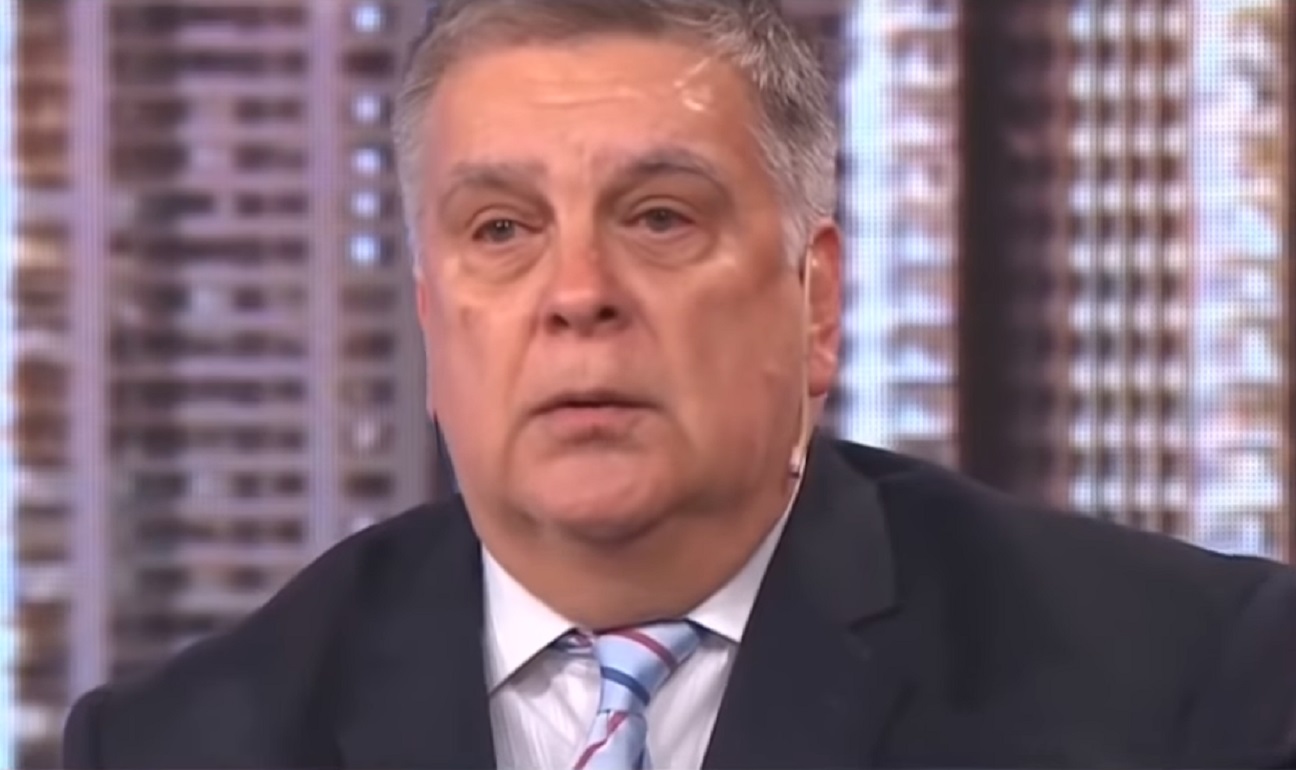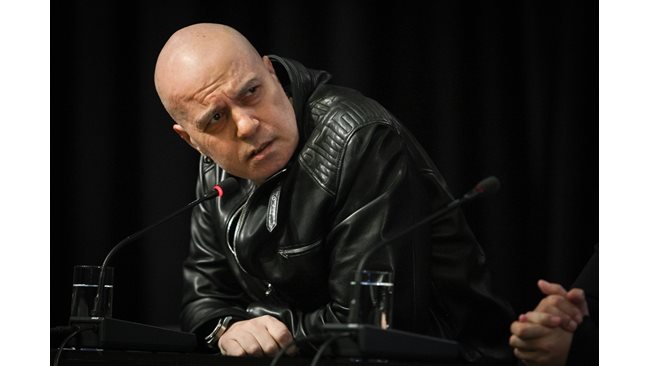Restricted zone broadcasts, Sunday, October 17, a survey on the real share of recycling. Most of the waste is recyclable, but still is not. Much of it even ends up in nature. Interview with Paul Labrosse, director of Waste, the big lies of recycling (Forbidden Zone).
After a year of investigation, what is your vision of recycling in France?
The question asked by those who have seen or worked on this film is: “What is the point of sorting our waste, after all?” Our survey shows that recycling is still in its infancy. In theory, almost everything is recyclable. But in reality, the majority of waste is not recycled. The conclusion of this survey is that we produce a lot, a lot … too much waste. We are at the foot of this mountain, with which we do not know what to do.
The bins dedicated to packaging do not guarantee sorting and recycling?
We are still in the stone age of sorting and recycling. See, as in this survey, yellow bins collected and mixed with green bins by the Derichebourg group in Paris, illustrates the gap between the stated objectives and reality. Faced with the increasing quantity of packaging, tours will increase to three per week in the capital in 2022.
Are sorting centers up to the challenge?
Even in Lorient, which has one of the best recycling rates, a tiny proportion of plastic films are recycled. And even in this minimal proportion, half of them go back to the plastics industry, the other half is incinerated and serves as heating.
The 2020 anti-waste law plans to recycle all plastics within five years …
The objective of this law is laudable, but seems hardly achievable. Regarding plastic, the best recycling rate is that of bottles: 70%. But of the rest of plastic waste, only 5% is recycled. And manufacturers still have the right to manufacture non-recyclable plastics. The step is therefore very high!
And landfill is cheaper than sorting …
Yes, depositing your waste in a sorting center, whether you are a business or an individual, is more expensive than depositing it in a landfill or incineration center. And the more polluting the waste (hydrocarbons, asbestos, bitumen, etc.), the more expensive the deposit. In theory, we don’t choose. Only ultimate waste should end up in landfill. However, in a landfill center like the one managed by a group like Suez near Marseille, we filmed gas bottles, tires, bodywork… recyclable waste and pollutants.
Last step, illegal, wild or private landfills …
Unauthorized landfills sometimes have surprising dimensions, communities clean up, decontaminate, alert. But we also discovered the development of illegal landfills but accepted by owners on their land, against payment. Controls and sanctions, which are very insufficient, are also an axis of the anti-waste law.
M6 , 9:05 p.m., Sunday, October 17, 2021.
– .


